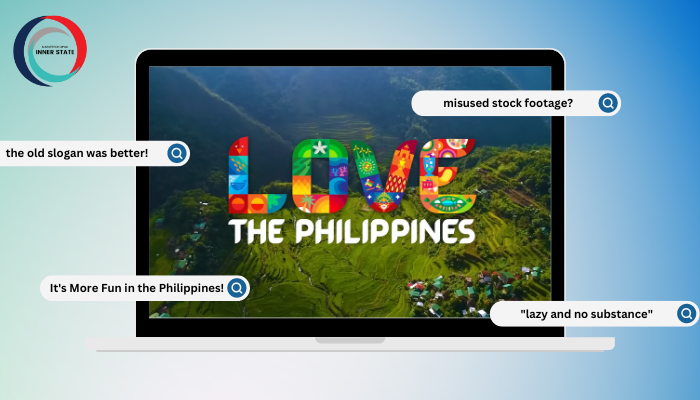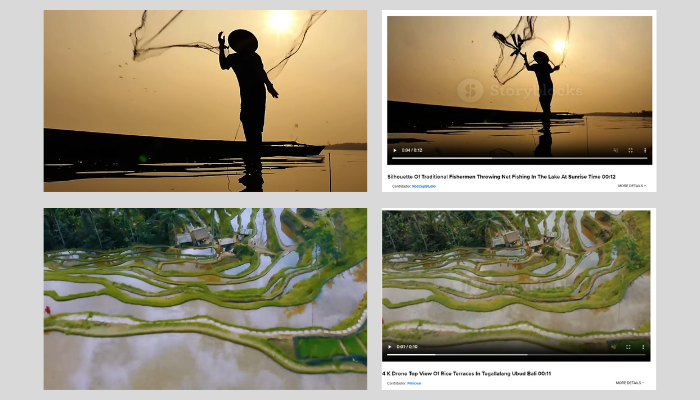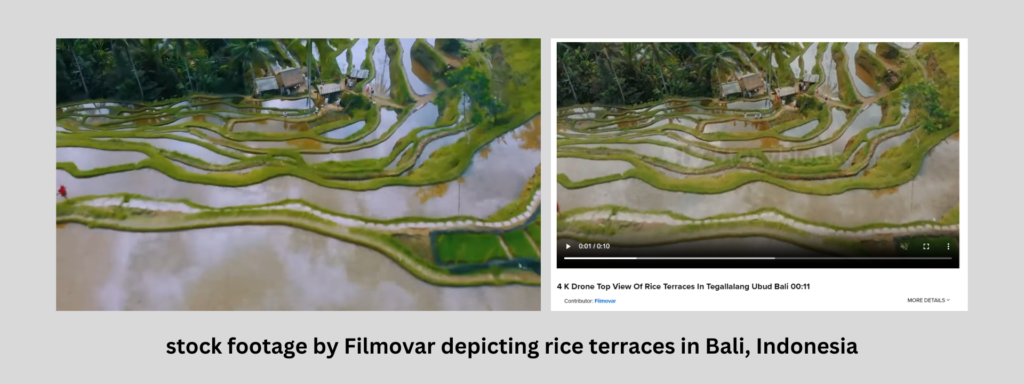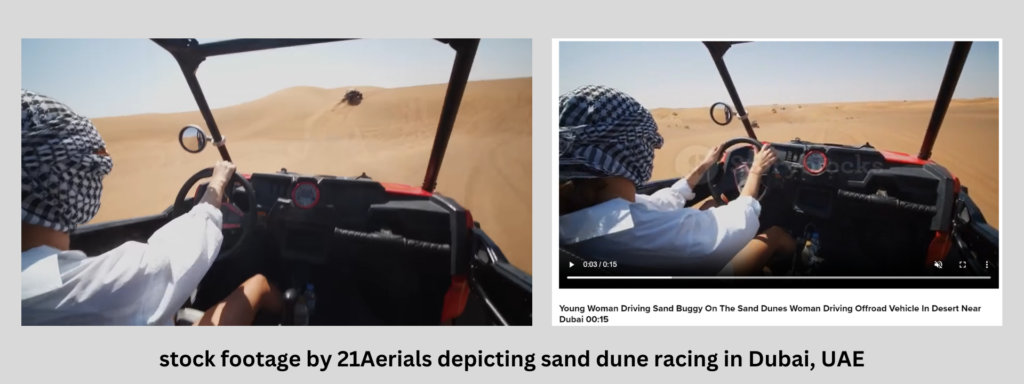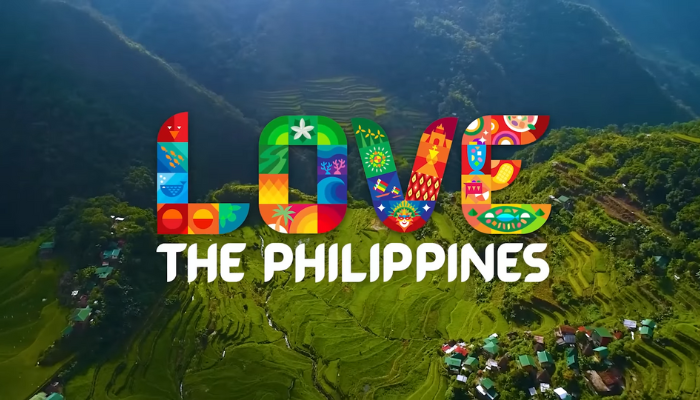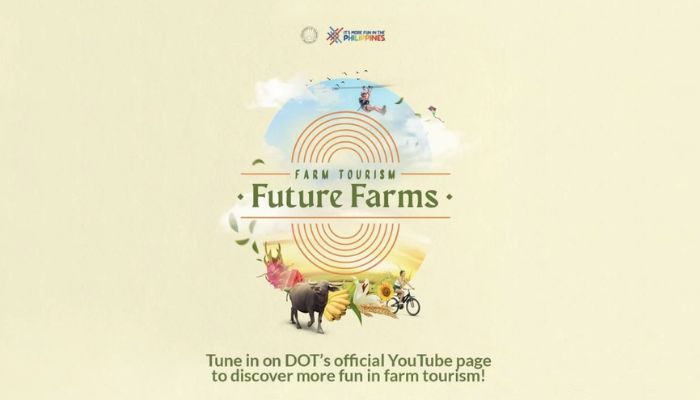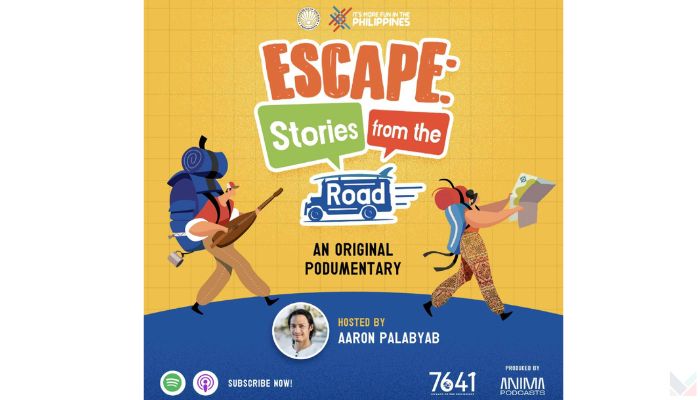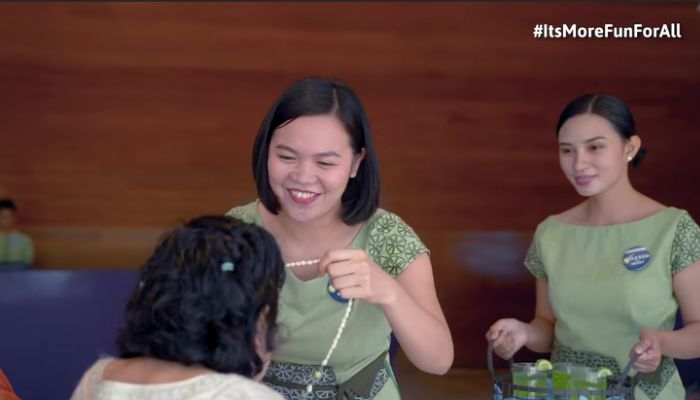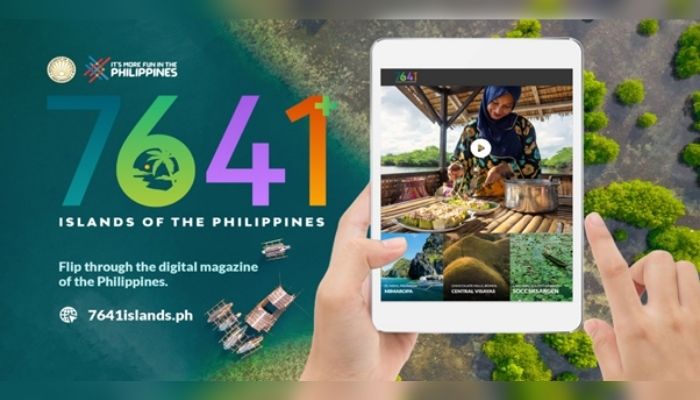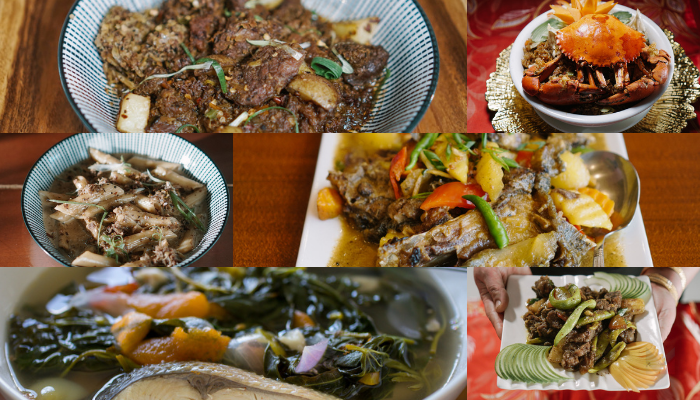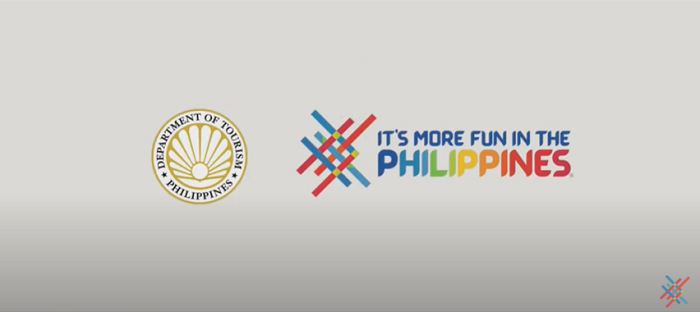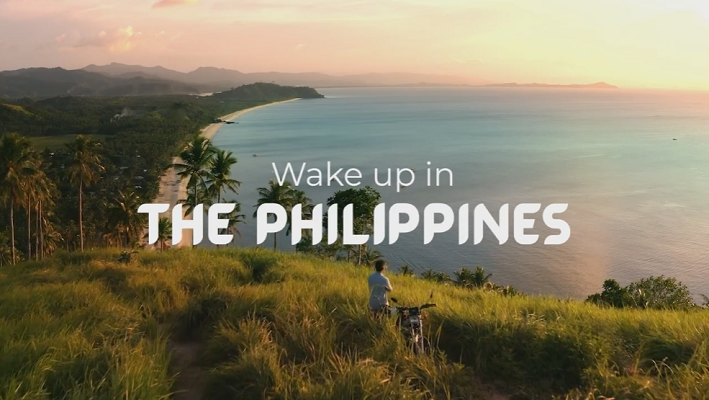Manila, Philippines – The Department of Tourism (DOT) has recently announced a new tourism slogan ‘Love the Philippines’, which was met with mixed reactions from the general Filipino community. The slogan, which replaces the old ‘It’s More Fun in the Philippines’ tagline, was conceptualised by the creative agency DDB Group Philippines, replacing long-time creative agency partner BBDO Guerrero.
Many netizens have pointed out that the new slogan is less appealing, compared to the old tourism slogan, conceptualised by BBDO Guerrero back in 2012.
To learn more about how social media and the rest of the online community reacted to the announcement, MARKETECH APAC‘s deep-dive series Inner State has tapped social insights and analytics solutions provider Meltwater and social media monitoring company Digimind to learn more about the numbers and insights regarding the DOT tourism slogan revamp.
Positive Sentiment, Yet Driven by Influencer Reach
Meltwater noted in its data that social media mentions of the hashtag #lovethephilippines were mentioned over 26.2k times in total from June 26 to June 30. Twitter led the discussion with over 23.2k mentions, followed by Facebook (2.14k mentions), news (356 mentions), Reddit (273 mentions), and Instagram (111 mentions).
Despite the mixed reactions from the general public, Meltwater’s media monitoring data notes that there was an overwhelmingly positive sentiment online, comprising 74.8% of all overall sentiments. Meanwhile, neutral sentiment comprised of 17.1% of overall sentiment, followed by negative sentiment (4.8%) and not rated (3.4%) pertaining to content without definite context.
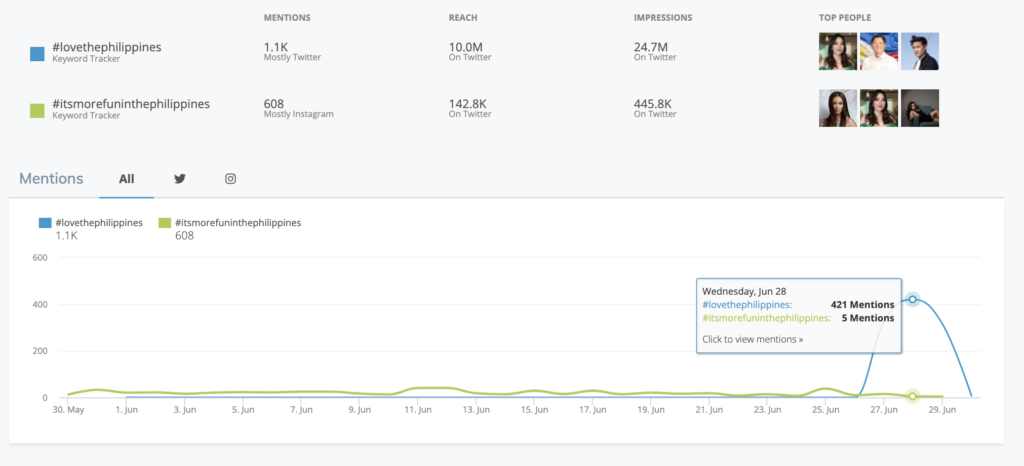
While sentiment on the DOT campaign was measured as being ‘positive’, Meltwater also pointed out that a large chunk of the positive sentiment across social media can be attributed to posts made by influencers and local personalities, including of current president Ferdinand “Bong-Bong” Marcos, Jr., actress Ruffa Gutierrez, as well as TV personalities Samantha Bernardo and Joj Agpangan.
For Weldon Fung, area director for client acquisition and expansion for SEA at Meltwater, with DOT pushing for the new slogan’s implementation through influencer messaging, it could be a case of brand recall by repetition and inundation, though lacking in any form of resonance initially.
“This might be a great case study on when not to fix something that’s not broken. The previous ‘It’s More Fun in the Philippines’ slogan was much loved by the public and really spoke to the hospitality and warmth of the nation, something that everyone could identify with domestically and internationally,” Fung told MARKETECH APAC.
He also added that the new DOT Philippines slogan fiasco could be also likened to the ‘Hello Hong Kong’ campaign.
“While it’s understandable for a new agency to give it a fresh new look, the current ‘Love The Philippines’ slogan has reminiscence of the ‘Hello Hong Kong’ campaign, which offers very little to go by as far as an emotional connection, to the point that some Filipinos online have said that it came off sounding desperate and needy. However, the long-term success of the new branding and slogan is still to be determined.”
Sentiment for Old Slogan Still Evident
Following the launch of the ‘Love The Philippines’ campaign, netizens were quick to draw comparisons with the older ‘It’s More Fun in the Philippines’ tagline.
This was evident from Digimind’s data, which saw that the old slogan almost had a share of voice (SOV) in the ongoing social media discussion on the ‘Love The Philippines’ tagline. It also noted that the old slogan picked up at least 19% of the mentions.
Discussions between the ‘Love The Philippines’ and ‘It’s More Fun in the Philippines’ are not far between, with only a ~700,000 reach difference between the two, in favour of the new tagline.
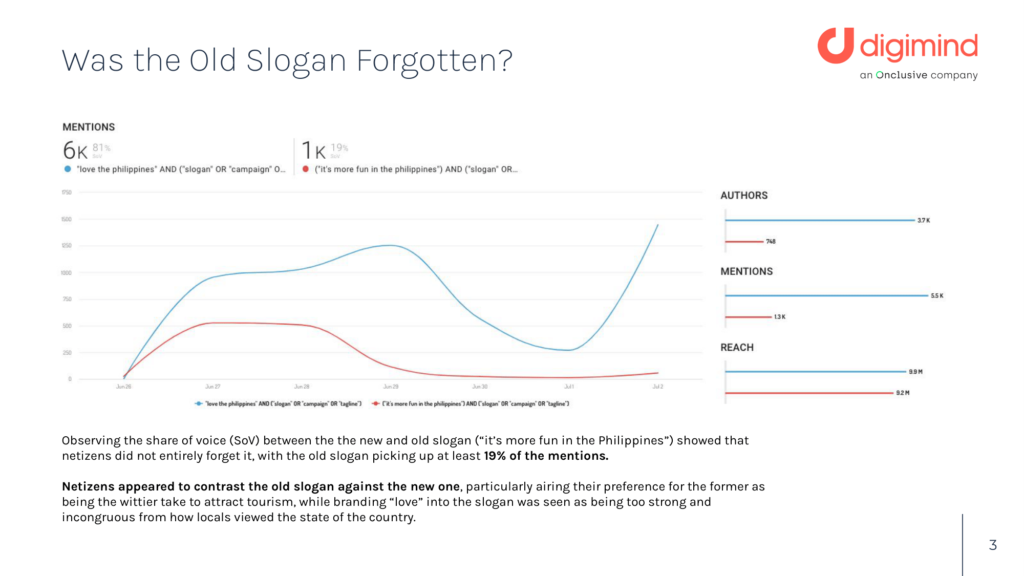
According to Digimind, netizens appeared to contrast the old slogan against the new one, particularly airing their preference for the former as being the wittier take to attract tourism, while branding ‘love’ into the slogan was seen as being too strong and incongruous from how locals viewed the state of the country.
Considering the huge clamour for the old slogan, Jared Silitonga, marketing lead for Digimind, noted that the tourism department should have dug first into social media insights to check if a tourism campaign revamp was necessary.
“In order to effectively handle critics, it is absolutely essential to make use of social media listening to gather both positive and negative feedback. By doing so, it becomes possible to refine future communications and strike the appropriate tone that accurately reflects people’s current sentiments. With the help of social intelligence, brands and agencies can easily analyze public opinions and create consumer profiles, thereby providing PR and communication professionals with invaluable data that can inform their strategies from a multitude of different perspectives,” Silitonga told MARKETECH APAC.
How The Stock Footage Fiasco Contributed to Discussion
In the days that followed the campaign launch, DOT also came under fire for its video using stock footage from other countries. DDB Group Philippines, the agency behind the new campaign revamp, has apologised for the video released, saying that it was only intended to promote the slogan and no public funds were being used.
Digimind noted that while discussion on the campaign waned after a discussion peak on June 29, a spike in the discussion started from July 1 following the stock footage fiasco. The agency, and the phrases ‘footage of locations’ and ‘non-original’ popped up as some of the mostly-used words across the social media sentiments.
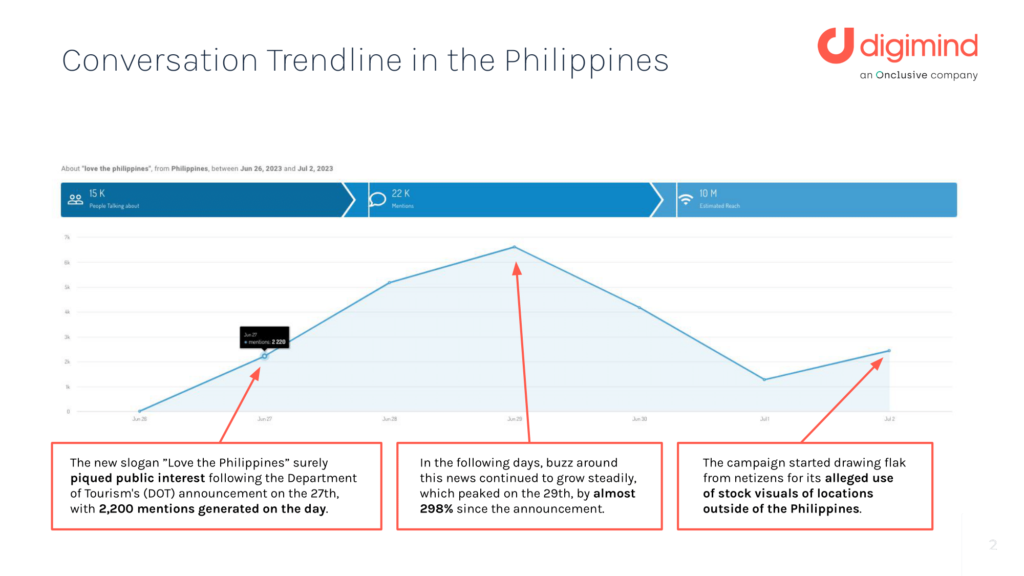
Meanwhile, Meltwater’s keywords also noted several phrases voiced out during the fiasco, such as phrases related to how many times the tourism slogan has changed, and how the concept was ‘lazy’ and ‘without substance’.
“In the media, sensational news can often turn what is believed initially to be a well-meaning concept into a potential crisis, especially as negative news is known to circulate quicker and form groupthink in the masses. While there is no foolproof process, like many public sectors, before launching a statement, the Philippines’ DOT will need to “read the room” and ensure that their messaging has gone through multiple assessment rounds with various stakeholders, including focus groups with locals,” Silitonga added.

